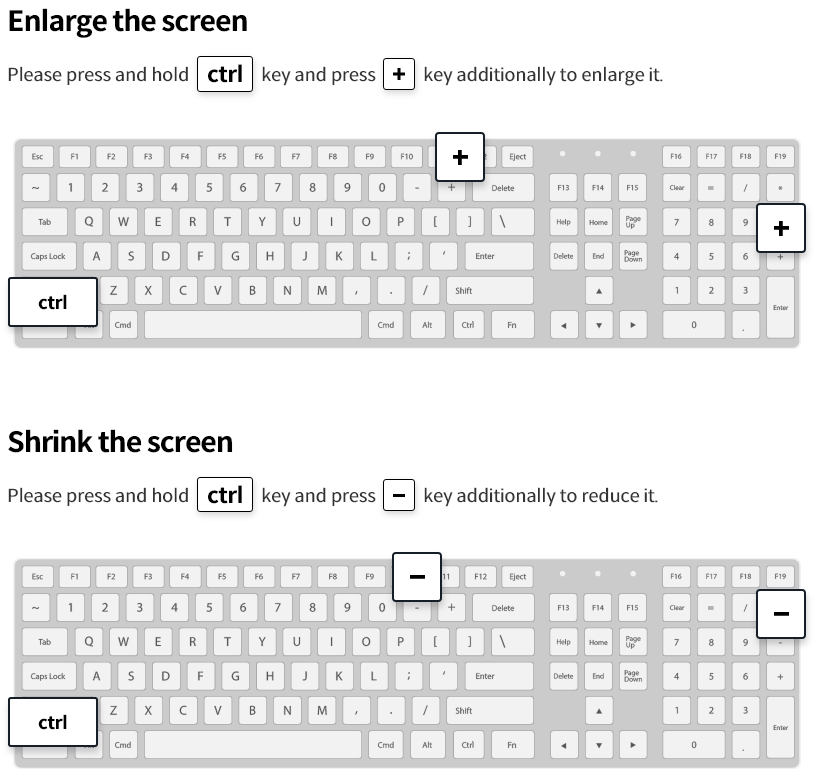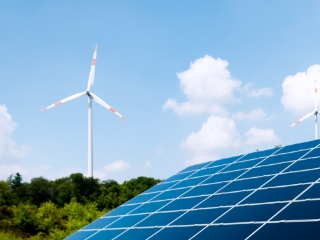The Export-Import Bank of Korea (www.koreaexim.go.kr, Chairman Yong Hwan Kim, “ Korea Eximbank”) co-hosted a seminar with Latham & Watkins*, a US law firm, under the theme of Middle East Project Outlook and Strategies for Participation on September 17 at the Seoul Chosun Hotel.
* International law firm established in 1934, with 2000 employees in 14 countries as of the end of 2011
The purpose of the seminar was to discuss the outlook of projects in the fields of alternative energy, infrastructure, and petrochemicals, as well as to discuss success strategies in line with the trends.
180 representatives from over 60 organizations including Korea Eximbank, Latham and Watkins, KEPCO, Middle Eastern sponsors (such as K.A. CARE*), and engineering and construction firms joined the event.
* King Abdullah City for Atomic and Renewable Energy: established in 2010 by the Saudi Arabian government for the development of nuclear and alternative energy; the institution is reviewing installation of 12~16 nuclear power plants by 2032.
The Middle East market accounted for 65% of Korean overseas construction orders in the last three years.
Anticipating a post-fossil fuel future, countries in the region are diversifying their operations away from oil and gas to desalination plants, power plants, hospitals, and intelligent buildings, among others.
In particular, the Middle East is poised to invest USD 30 billion in alternative energies by 2020 in response of decreasing crude oil and gas reserves, rising prices, and environmental problems.
Consequently, opportunities for Korean firms to participate as sponsors in investment-development projects* are likely to increase, especially for petrochemical and power plant projects.
* Investment-development projects involve not only plant EPC (Engineering, Procurement, Construction), but also project development, equity investment, raw material provision, purchase of products, and operation of facilities
Mr. Ki-Sub Nam, Senior Executive Director at Korea Eximbank, said in his welcoming speech, “This year, the demand for project financing in the Middle East will reach USD 35 billion, but only USD 25 billion will be available for funding. With financial markets reeling from the Eurozone Fiscal Crisis, large projects will become more reliant on export credit agencies (ECAs). Korea Eximbank will utilize its solid network with Middle Eastern governments and sponsors to support Korean firms and to ensure sufficient funding through co-financing with local financial institutions, as well as providing financial advisory and arrangement services.”
Mr. Jong Hwa Kim of KEPCO remarked, “Competition for orders in the Middle East is heating up as challengers from emerging countries such as China are rapidly catching up and European firms are taking advantage of the weak Euro to gain market share in the Middle East. Korean companies will need more comprehensive support from Korea Eximbank, ranging from financing to financial advisory and arrangement services, in order to remain competitive in these markets.”
Korea Eximbank has been networking actively with Middle Eastern sponsors, financial institutions and governments by hosting the Korea Eximbank MENA Conference in April, and the Korea Eximbank Seminar for Ambassadors Representing Middle Eastern and African Countries in September 11.


